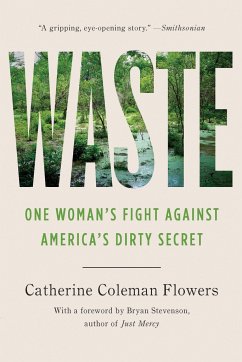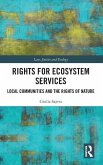Winner of the Studs and Ida Terkel Prize The MacArthur grant–winning environmental justice activist’s riveting memoir of a life fighting for a cleaner future for America’s most vulnerable A Smithsonian Magazine Top Ten Best Science Book of 2020 Catherine Coleman Flowers, a 2020 MacArthur “genius,” grew up in Lowndes County, Alabama, a place that’s been called “Bloody Lowndes” because of its violent, racist history. Once the epicenter of the voting rights struggle, today it’s Ground Zero for a new movement that is also Flowers’s life’s work—a fight to ensure human dignity through a right most Americans take for granted: basic sanitation. Too many people, especially the rural poor, lack an affordable means of disposing cleanly of the waste from their toilets and, as a consequence, live amid filth. Flowers calls this America’s dirty secret. In this “powerful and moving book” (Booklist), she tells the story of systemic class, racial, and geographic prejudice that foster Third World conditions not just in Alabama, but across America, in Appalachia, Central California, coastal Florida, Alaska, the urban Midwest, and on Native American reservations in the West. In this inspiring story of the evolution of an activist, from country girl to student civil rights organizer to environmental justice champion at Bryan Stevenson’s Equal Justice Initiative, Flowers shows how sanitation is becoming too big a problem to ignore as climate change brings sewage to more backyards—not only those of poor minorities.
Hinweis: Dieser Artikel kann nur an eine deutsche Lieferadresse ausgeliefert werden.
Hinweis: Dieser Artikel kann nur an eine deutsche Lieferadresse ausgeliefert werden.








